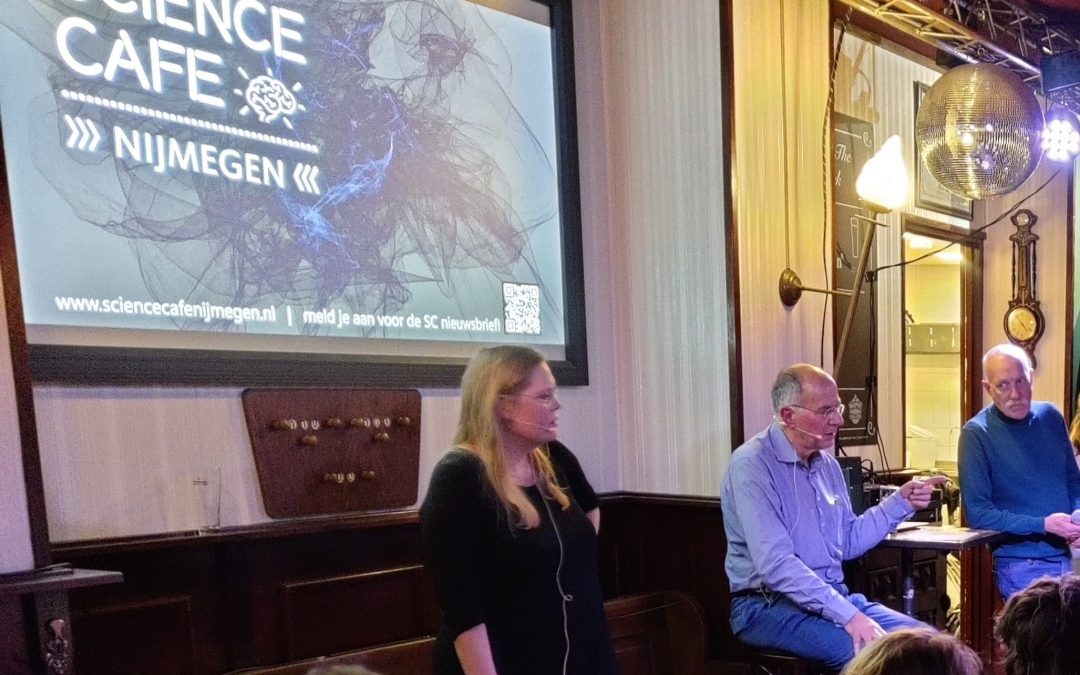Frequently asked questions
Below are some questions that we have been asked about the project.
Click on each question to view our response, and if you can not find what you’re looking for, scroll to the bottom to submit your own question.
What does CANDY stand for?
CANDY stands for Comorbid Analysis of Neurodevelopmental Disorders and Epilepsy.
What is a biomarker?
Biomarker is short for biological marker. Biomarkers are signs we can measure that are associated with a condition, and that can help us learn more about that condition. Biomarkers can be many different things. Biomarkers can be found in genetic or blood test, on medical scans of the brain, or performing tasks to explore how a person thinks and behaves. Biomarkers are essential for precision medicine (link).
Biomarkers can help to
- Enable earlier and more accurate diagnosis
- Predict the long-term needs and abilities of each affected individuals
- Predict how symptoms may change over time
- Decide which treatments may be helpful
What is the microbiome?
All microbes, such as bacteria, fungi, protozoa and viruses, that live on and in our body are collectively called the microbiome. These microbes live in symbiosis with us, performing many functions to maintain our health. The composition of microbes can also reflect the state of our health. The weight of the complete microbiome of a person can be as much as our brain and it produces many substances that our body cannot produce by itself. The largest part of the microbiome sits in our gut and helps to process food.
For a long time, the brain was considered as the only important organ in understanding the biology of neurodevelopmental conditions. Recently, this focus has shifted to include the gut.
The gut-brain axis is a continuous, bidirectional communication system and its key modifier is the gut microbiome. The composition and stability of the gut microbiome is susceptible to many factors, such as genetic factors, diet, stress, medication and illness. Neurodevelopmental conditions are influenced by both genetic and environmental factors that interact with the gut-brain axis. The gut microbiome is therefore a likely candidate for identifying (not yet available) biomarkers.
What is the overall goal of CANDY?
Our overall goal is to improve the understanding of the crosstalk between genetics, immune activation/ inflammation, and microbiome, and thereby provide a compelling novel conceptual framework to:
|
Elucidate the causal mechanisms that underlie autism, ADHD, ID and epilepsy |
Deliver novel biomarkers to guide early diagnosis, stratification and/or treatment monitoring |
|
Develop new strategies for prevention and treatment of autism, ADHD, ID, and epilepsy |
Open-up new avenues for research in autism, ADHD, ID, and epilepsy |
What is precision medicine?
Precision medicine means the individual tailoring of healthcare on the basis of a person’s genetics, lifestyle and environment. Precision medicine allows doctors and researchers to predict more accurately which treatment and prevention strategies will work in which group of people. It contrasts with a “one-drug-fits-all” model in which disease treatment and prevention strategies are developed for the average person, taking less account of differences between individuals.
The term “precision medicine” is relatively new, however, the concept has been part of our healthcare system for many years. For example, a person in need of a blood transfusion will not receive blood from a randomly selected donor. Instead, the donor’s blood type is matched to the recipient to reduce the risk of complications. Although examples can be found in several areas of medicine, the role of precision medicine in everyday health care is relatively limited
Precision medicine is driven by patient data. The health records and genetic codes of patients and healthy volunteers are vital and help people to influence their own health care and the direction of research (see also biomarkers (link)).
What is the difference between “precision medicine” and “personalized medicine”?
According to the National Research Council, the term “personalized medicine” is older with a meaning similar to “precision medicine.” However, there were fears that the word “personalized” could be misinterpreted to mean that treatments and preventive measures are developed uniquely for each individual; in precision medicine, the emphasis is on finding out which approaches are effective for which patients, based on genetic, environmental and lifestyle factors. The Council therefore preferred the term “precision medicine” to “personalized medicine”. However, some people still use the two terms synonymously.
Who is funding CANDY?
CANDY is funded by the European Commission as part of the “Horizon 2020” programme. The total funding for CANDY is six million Euro. The grant agreement no. of CANDY is 847818.
Programme: H2020-EU.3.1.1. – Understanding health, wellbeing and disease
Topic: SC1-BHC-01-2019 – Understanding causative mechanisms in co- and multimorbidities combining mental and non-mental disorders
Call for proposal: H2020-SC1-2019-Two-Stage-RTD
How do I know that each study has high ethical standards?
Because our research involves real people, there are Good Clinical practice (GCP) guidelines we have to follow. These are recognised internationally and have ethical and scientific quality requirements that must be followed when designing, conducting, recording and reporting clinical trials and any other research. All individual projects will need to be approved by independent local ethics committees in each of the countries involved before any research can take place. For an example of what Good Clinical Practice includes in the UK, see the NHS Health Research Authority website. We will also consult our Ethics Advisory Board who will review the project documents regularly.



